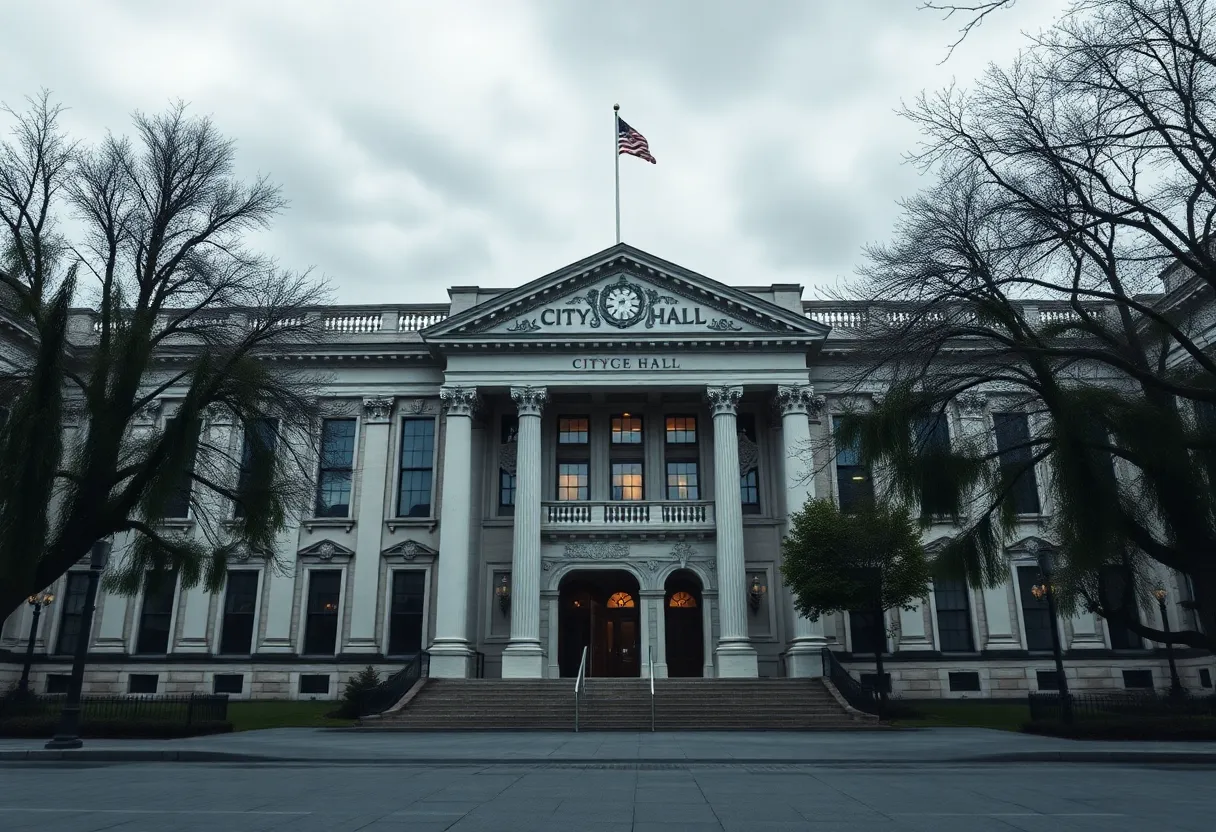News Summary
California’s Assembly Bill 942 has undergone significant revisions, shifting away from rooftop solar incentives to focus on enhancing consumer access to carbon credits. Introduced by Assemblymember Lisa Calderon, the bill faced opposition from solar advocates and homeowners concerned about the impact on property values. Public protests prompted lawmakers to reconsider the bill’s direction, now aiming to provide reduced electricity costs for the majority of Californians. The bill is set to continue through the legislative process, amidst ongoing discussions about solar compensation structures in California.
California – Assembly Bill 942, a significant piece of legislation regarding rooftop solar incentives, has undergone substantial revisions amidst extensive public outcry. The original text of the bill, introduced by Assemblymember Lisa Calderon, sought to tackle what was perceived as a cost-shift of solar subsidies onto non-solar customers, but it has now shifted its focus away from rooftop solar incentives entirely.
The revised version of AB 942 no longer includes provisions related to rooftop solar systems, which had previously mandated new property owners with solar installations to transition to a lower net metering tariff. This requirement threatened to alter existing agreements held by previous property owners regarding their solar energy production. Following a meeting of the Senate Energy, Utilities and Communications Committee on July 15, the bill’s emphasis shifted toward enhancing consumer access to carbon credits.
Support from solar homeowners, particularly highlighting perspectives like that of Greg Sparks from Davis, has been pivotal in backing the amendments. Advocates for the solar industry assert that substantial public pressure and participation in protests were instrumental in prompting lawmakers to reconsider the original intentions of the bill. With this shift, solar advocacy groups have retracted their opposition to the amended AB 942.
Bernadette Del Chiaro, a senior vice president of the Environmental Working Group in California, pointed out the effectiveness of public opposition in modifying the bill’s original direction. Following these changes, Calderon defended the new goals of AB 942, asserting that the legislation now intends to provide reduced electricity costs for the majority of Californians.
The current iteration of AB 942 will continue through the legislative process, moving on to the Senate Appropriations Committee where it may see additional amendments or the possibility of being stalled altogether. Despite the recent amendments, discussions about rooftop solar are far from settled, as advocates are now closely monitoring related legislation, including Senate Bill 710, which could have positive implications for solar installations across the state.
Previous evaluations of California’s solar incentive structure revealed significant economic discrepancies and cost difficulties for non-solar customers. In its original form, AB 942 aimed to address challenges stemming from these discrepancies, which, since the mid-1990s, have encouraged the adoption of clean energy while simultaneously passing increased costs onto non-solar households. Reports indicated that subsidies offered to solar owners totaled over $8.5 billion last year, with the burden impacting approximately 10 million non-solar customers statewide.
Protests against AB 942 were marked by vocal representatives from the solar industry, emphasizing concerns that altering subsidy structures could detrimentally affect property values for homeowners utilizing solar energy. In addition, Calderon has faced scrutiny regarding her previous employment with Southern California Edison, which has raised questions among the public and stakeholders about her motivations for pushing the bill in its initial form.
The evolution of AB 942 reflects a broader trend of regulatory changes that are reshaping how solar energy compensation is structured in California. Supporters of solar energy are likely to remain vigilant as the legislative landscape continues to develop, ensuring that future decisions consider both the sustainability goals of California and the economic impact on all residents.
Deeper Dive: News & Info About This Topic
- KTVU: California Bill Could Slash Rooftop Solar Credits
- ABC10: Solar Owners Protest Potential Loss to California Energy Bill
- Mercury News: Controversial Solar Bill Advances in Sacramento
- Wikipedia: Rooftop Solar
- ABC10: California Public Utilities Commission Rooftop Solar Changes
- Google Search: California Rooftop Solar Legislation

Author: Anaheim Staff Writer
The Anaheim Staff Writer represents the experienced team at HEREAnaheim.com, your go-to source for actionable local news and information in Anaheim, Orange County, and beyond. Specializing in "news you can use," we cover essential topics like product reviews for personal and business needs, local business directories, politics, real estate trends, neighborhood insights, and state news affecting the area—with deep expertise drawn from years of dedicated reporting and strong community input, including local press releases and business updates. We deliver top reporting on high-value events such as major conventions at the Anaheim Convention Center, including NAMM and VidCon, exciting games at Angel Stadium and Honda Center, and developments at Disneyland Resort Our coverage extends to key organizations like the Anaheim Chamber of Commerce and Visit Anaheim, plus leading businesses in hospitality, entertainment, and innovation that power the local economy As part of the broader HERE network, including HERECostaMesa.com, HEREHuntingtonBeach.com, HERESantaAna.com, and HERELosAngeles.com, we provide comprehensive, credible insights into Southern California's dynamic landscape.




